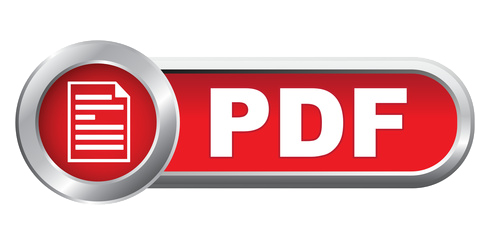Management / Business Management
Corporate Governance: Principles, Policies and Best Practice
MB190
No Schedule Course Found, You can Request Schedule or ask for a proposal to get as in-House for your team. Request eProposale
In today’s complex business environment, effective corporate governance is a crucial pillar for organizational integrity, stakeholder confidence, and long-term success. This advanced course equips senior professionals with the tools to evaluate, implement, and enhance governance structures in line with global best practices. Participants will deepen their understanding of ethical governance, stakeholder relations, and regulatory compliance, empowering them to drive accountability and transparency across their organizations.
By the end of this course, participants will be able to:
- Evaluate core principles and the strategic importance of corporate governance
- Compare global governance models and adapt them to their organizational context
- Analyze the roles and responsibilities of boards, auditors, and senior management
- Design and implement effective governance frameworks and policies
- Apply international standards on transparency, disclosure, and stakeholder engagement
- Board Members
- Senior Management and Directors
- Legal and Compliance Officers
- Internal and External Auditors
1. Overview of Corporate Governance
- Definition and scope of corporate governance
- Essential governance principles
- Global philosophies and codes of conduct
- The macro governance landscape
2. Models and Mechanisms of Governance
- Shareholder Wealth Maximization vs. Corporate Wealth Maximization
- Global governance models (US, UK, Germany, Japan)
- Role and composition of boards and committees
- The audit committee’s influence
3. Stakeholder Roles and Responsibilities
- Shareholder rights and director duties
- Chairman, corporate officers, and auditors
- Institutional investors and minority stakeholders
- OECD and global frameworks
4. Board Structures and Dynamics
- Unitary vs. two-tier board models
- Independence and evaluation of board members
- Remuneration and selection processes
- Governance diagnostics and system analysis
5. Policy Frameworks and Ethical Considerations
- Ethical foundations of governance
- Corporate policies for risk management
- Regulatory expectations and compliance
6. Disclosure and Transparency
- Financial and operational disclosures
- Remuneration reporting
- Managing related party transactions
- Access to accurate and timely information
7. Internal and External Governance Controls
- Role of internal control environments
- Legal and audit frameworks
- Risk-based decision-making
- Preventing governance failure
8. Case Studies in Corporate Governance
- Governance challenges in multinational corporations
- Lessons from corporate scandals
- High-performing board practices
9. Global Best Practices and Benchmarks
- ICGN and OECD governance principles
- KPMG and Deloitte governance tools
- Cross-border governance challenges
10. Governance Implementation Strategies
- Crafting a governance action plan
- Aligning strategy with governance
- Communicating governance standards
- Monitoring and improvement mechanisms
The course combines various teaching methods, including instructor-led presentations, group discussions, case study analyses, and assessments through quizzes and a final exam to engage participants and ensure they understand and retain the material.
Terms & Conditions
ACTrain reserves the right to alter the Course Schedule without Prior Notification, Fees Quoted are Subject to Terms & Conditions Outlined in ACTrain's Registration Policy







